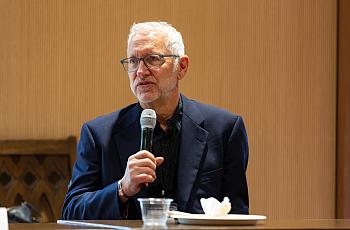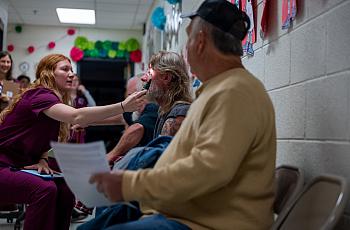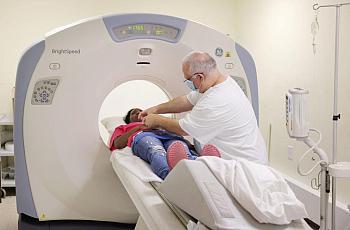
Kellie Schmitt
Affordable Care Act Blogger, Freelance Health Reporter

Affordable Care Act Blogger, Freelance Health Reporter
I write for the Center for Health Journalism's Remaking Health Care blog. Previously, I was a health reporter for the Bakersfield Californian, a staff writer for the San Jose Mercury News, and a business reporter for the San Francisco Recorder. I spent two years reporting from China for publications including The Economist's Business China, China Economic Review, and CNN Travel.
In 2012, I was a Health Journalism Fellow. My project examined the high number of foreign-trained doctors in California's Central Valley, a series which won awards from the Association of Healthcare Journalists and the California Newspaper Publishers Association.
I also worked with the Center for Health Journalism's multi-part, collaborative series on the devastating toll Valley Fever has had on California's Central Valley.

A veteran storyteller draws on a lifetime of covering wildfires and other climate disasters. "The important stories that we tell are behind the drama of the smoke and the flames,” he says.

Two journalists were recently joined by a domestic violence survivor and advocate to share tips for reporting on domestic violence in ways that respect a survivor’s wellbeing and safety.

“We know a lot about what to do about domestic violence,” one expert told journalists. “But we’re at a point now where our ability to do something with that information is really diminished.”

Meanwhile, local reporters are detailing the impacts of ongoing public health funding cuts in their own communities.

Also this week: Studies reveal rural health gaps and heat-linked aging, and EPA cuts pose particular health risks for minority communities.

Also this week: Reporters localize Trump’s health equity impacts, and where a pregnant person lives shapes their risk of dying.

Also this week: Unequal access in telehealth access is unequal, and Oregon expands Medicaid.

Also this week: Early window key for tackling long-term health inequities, and disparities in orthopedics affect everything from outpatient visits to post-surgery outcomes.

An early look at how the election may reshape U.S. health policy under Trump, from Medicaid to abortion to major changes at federal agencies.

Also this week: Studies find birth weight impacts infant mortality more than physician's race; and transgender youth "highly satisfied" with gender-affirming care.